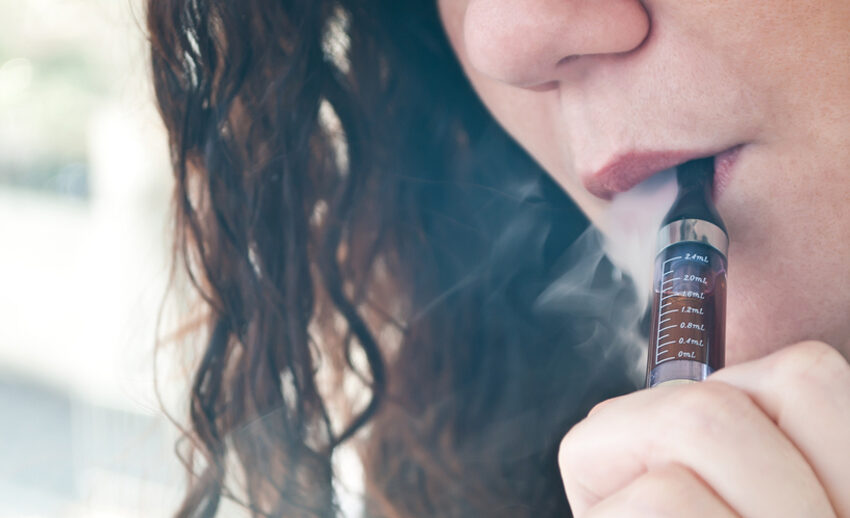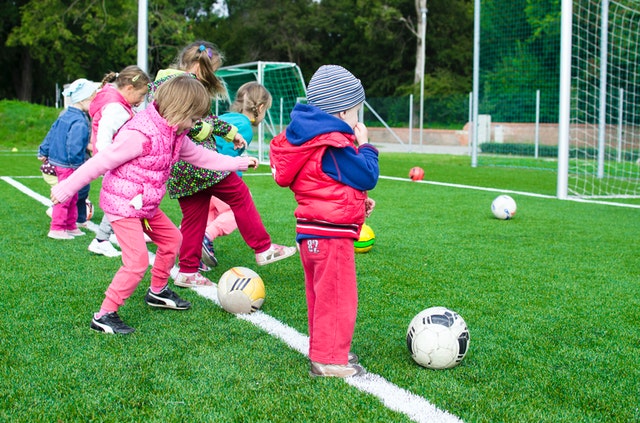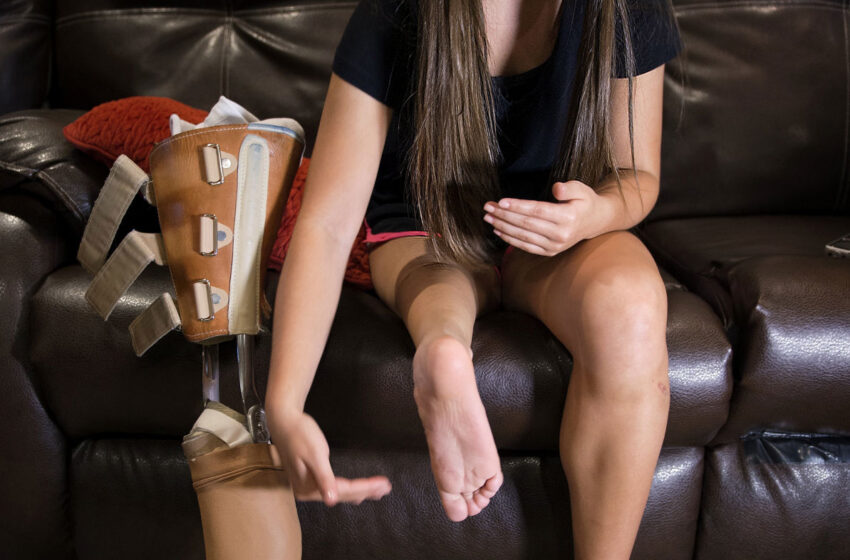One stop at a local gas station and you’d think that vaping was the best thing to happen to our society since Taco Tuesday. Coming to that conclusion is a little reckless, but not as much as the actual habit of vaping itself.
According to a recent poll conducted by Reuters/Ipsos, about 10 percent of Americans now vape on a daily basis, and almost 70 percent of those users began vaping in the last year alone. There’s no question that vaping is popular, but do you really know everything you need to about the supposed “cigarette substitution”?
Vaping Is Different Than Smoking, but Not Necessarily Safe
When they first came out, a lot of people thought e-cigarettes were a safe alternative to smoking. According to Silvia Balbo, PhD, at the Masonic Cancer Center at the University of Minnesota, that’s not the case. “We don’t really know the impact of inhaling the combination of compounds produced by this device,” Balbo said about the research. “Just because the threats are different doesn’t mean that e-cigarettes are completely safe.”
More research is needed to better characterize the long-term safety of e-cigarettes. According to Balbo, “comparing e-cigarettes and tobacco cigarettes is really like comparing apples and oranges. The exposures are completely different.”
Mixing Flavors Could Be Toxic
While there isn’t a lot of research on the matter, studies are starting to show that the flavoring chemicals in e-cigarettes, as well as in e-liquids without nicotine, aren’t as safe to inhale as previously thought.
A 2018 study conducted by researchers at the University of Rochester Medical Center found that “cinnamon, vanilla, and butter flavoring chemicals were the most toxic” to immune cells in the human body, but that “mixing flavors of e-liquids caused by far the most toxicity to white blood cells.” he study goes on to say that “while the flavoring compounds tested may be safe for ingestion, these results show they are not safe for inhalation.”
Your Body May Retain Harmful Elements From Vaping
While most people know cigarettes cause cancer, many believe that vaping keeps them safe from cancer-causing chemicals. That’s just not correct. A recent pilot study conducted by researchers at Desert Research Institute (DRI) and the University of Nevada, Reno, found that during an average vaping session, “significant amounts” of cancer-causing chemicals (like formaldehyde) were retained in the respiratory tract.
The FDA Is Cracking Down on E-Cigarettes
In September 2018, the FDA announced it was taking “historic” steps to address e-cigarette use in kids and teenagers. In addition to taking a harder stance with manufactures and retailers who were selling to and targeting the youth market, the FDA is requiring some of the bigger manufacturers to explain how they will help curtail the alarming rise in youth e-cigarette use, and if their answers aren’t satisfactory, may even order them to remove “some or all” of their flavored products from the market. And when it comes to true FDA-approved ways to quit smoking, e-cigarettes are not listed, but smoking cessation products like Nicorette are.
Vaping Actually CAN Lead to Smoking
The common belief about vaping is that, if you vape, you won’t smoke. Sadly, that’s just not the case.
A 2017 study produced by the University of Waterloo and the Wake Forest School of Medicine, delivered a startling truth about vaping and smoking, especially for young adults. According to researchers, “Students in grades seven to 12 who had tried an e-cigarette are 2.16 times more likely to be susceptible to cigarette smoking.”



 Photo by Dubai T
Photo by Dubai T












